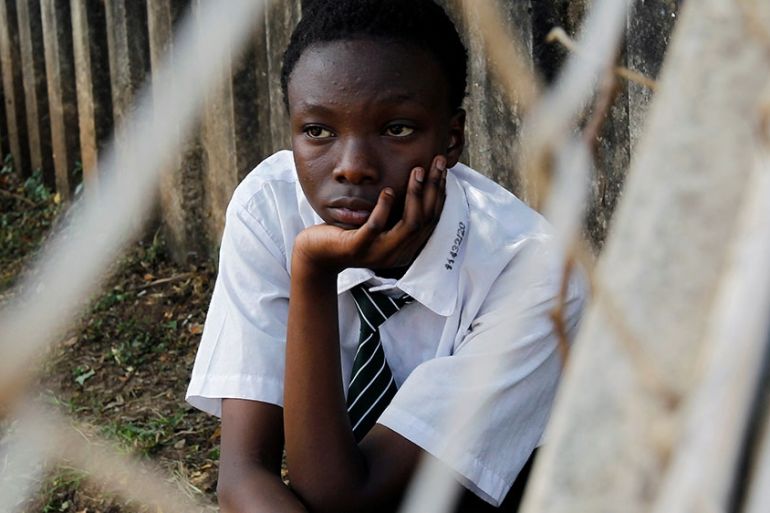Kenya, coronavirus and the global education gap
Schools in Kenya have been closed to 17 million students since early March due to the coronavirus pandemic.

The coronavirus pandemic has disrupted education for nearly 1.3 billion students worldwide.
The dominant alternative model for education has been tethered to internet access and broadcast stations.
But what happens to children who live in households without access to technology or an internet connection?
We head to Kenya to find out with Catherine Soi, Al Jazeera journalist in Nairobi, Kenya; Justin Sandefur, a senior fellow at the Center for Global Development; and Evelyn Jepkemei, an educational adviser at World University Service of Canada.
For more:
Education on hold: School closures disadvantaging Africa’s poor
Stigma, fears of quarantine hinder Kenya’s COVID-19 fight
Stamping out misinformation in Kenya’s COVID-19 fight
The team:
Dina Kesbeh and Graelyn Brashear, Al Jazeera’s head of audio, produced this episode with Priyanka Tilve, Alexandra Locke, Amy Walters, Ney Alvarez and Kevin Hirten. Alex Roldan is the sound designer. Natalia Aldana is the engagement producer, and Stacey Samuel is The Take’s executive producer.
Subscribe:
New episodes of the show come out every Monday, Wednesday and Friday. Subscribe to The Take on Apple Podcasts, Spotify, Google Podcasts, Stitcher, or wherever you listen.
Connect with us:
Follow The Take on Twitter, @AJTheTake, Facebook and Instagram @ajthetake.